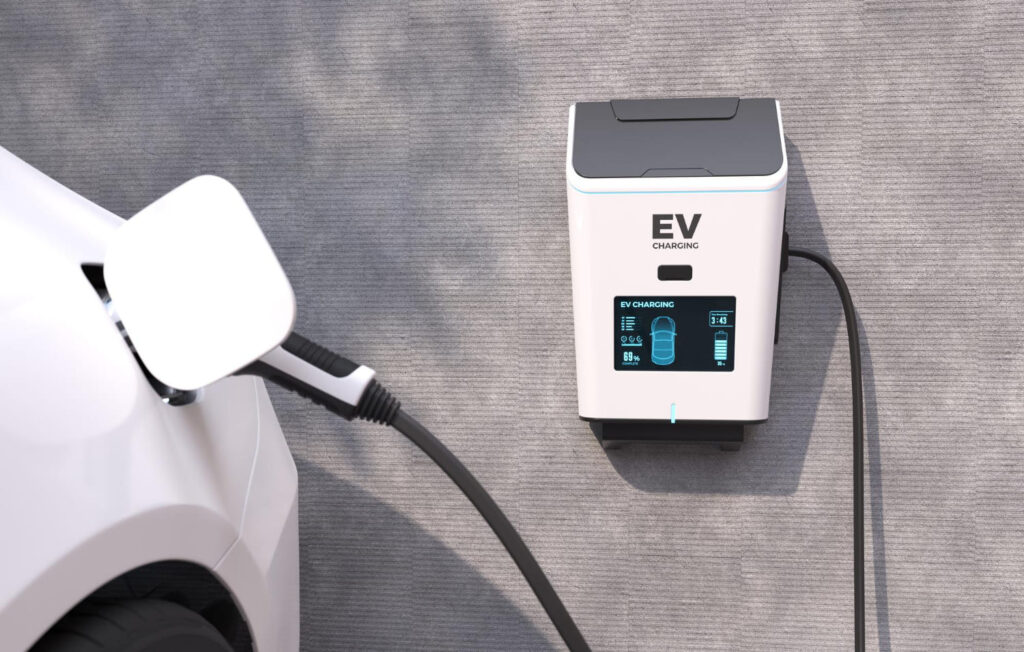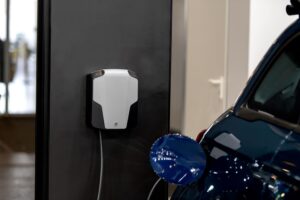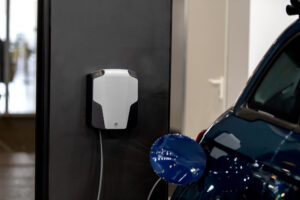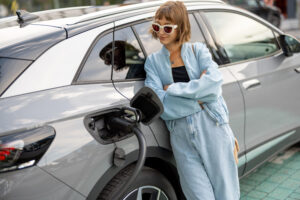As electric vehicles, or EVs, continue to earn popularity, finding the right home charging solution has become a top priority for many EV owners. Nowadays, so many options are available on the market, including the different types of chargers, installation requirements, and costs.
In this guide, we’ll explain everything you need to know about home charging solutions, from the basics of charging types to installation costs.
Electric Charging at Home
In this list, we’ll explore the different types of electric charging stations available for home use and all things important for each option for better home charging solutions. Read on!
Types of Charger
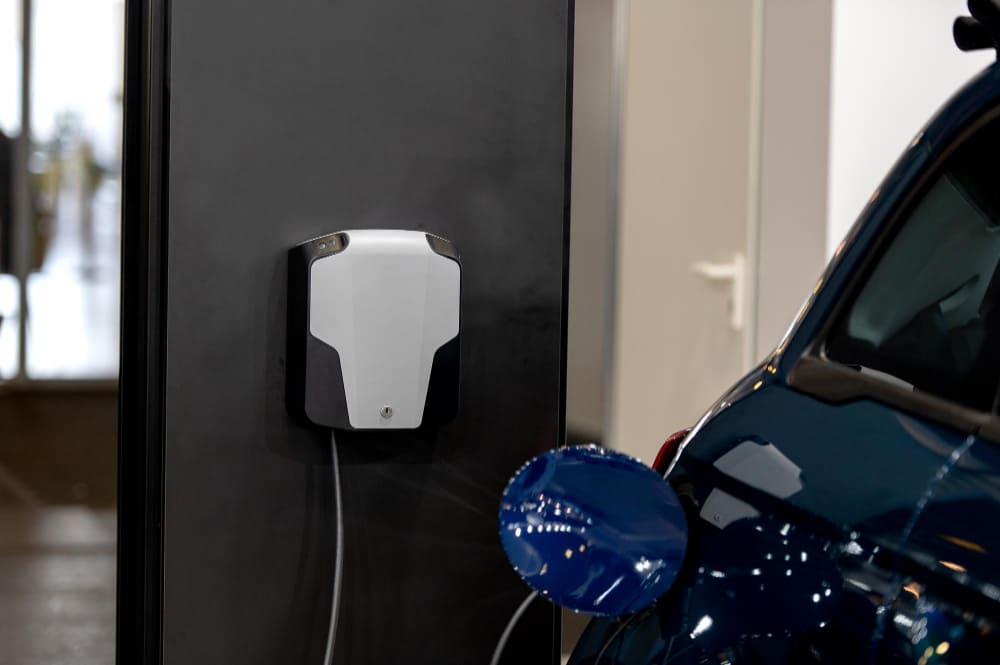
Rapid charger
Rapid chargers are typically found in public charging stations, service stations, and along major highways or routes to facilitate long-distance travel.
They are designed to deliver significantly higher charging power compared to standard chargers, allowing for faster charging times.
While the exact power output can vary depending on the charger model and the capabilities of the EV, rapid chargers typically provide power in the range of 50 kilowatts (kW) to 350 kW.
Fast charger
Fast chargers are commonly installed in residential settings but can also be found at public charging stations. These chargers typically operate at a power output of 7 kW.
With a power output of 7 kW, these chargers can provide a substantial amount of charge in a relatively short time—depending on your EV’s battery capacity and state of charge. This makes them ideal for overnight charging or when the vehicle is not used for an extended period.
Slow charger
When homes cannot accommodate 7 kW chargers, slow chargers with a power rating of 3 kW are often installed.
These slower chargers are still effective at charging electric cars but require more time. They are particularly well-suited for overnight charging.
Certain homes may have electrical infrastructure limitations or constraints that prevent the installation of high-powered 7 kW chargers. In such cases, opting for a slower 3 kW charger provides a viable solution.
Electric Car Charging Speed
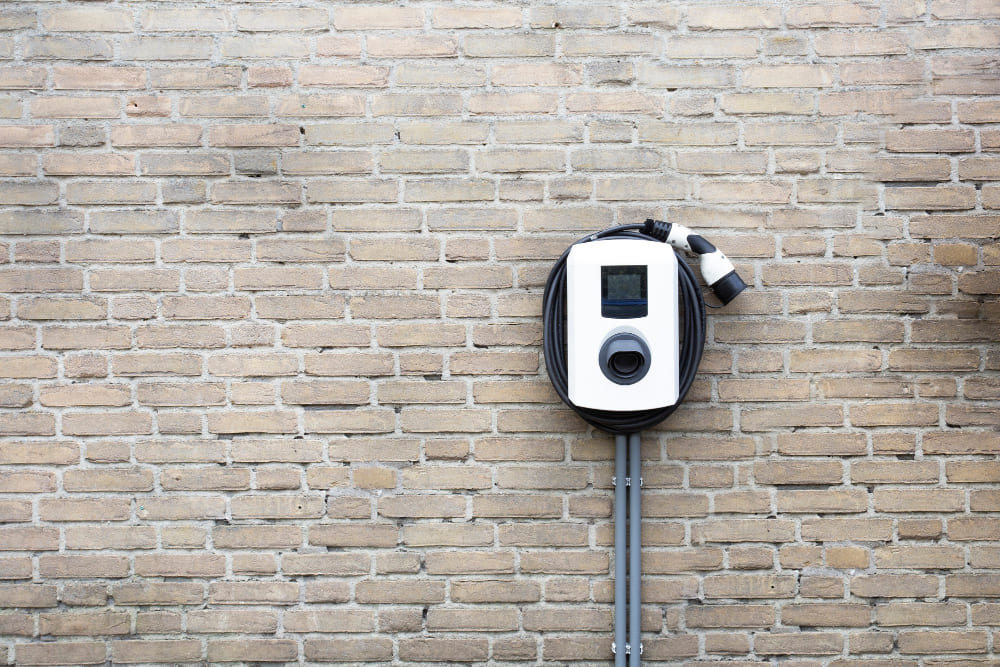
120-volt plug
Looking to charge your electric car at home? Level 1 charging stations are popular, as they use 120-volt plugs that can easily be connected to a standard household outlet.
Level 1 charging stations can deliver an optimal battery charge of up to 80%—although it can take over 24 hours. These stations typically charge at a speed of about 9 km per hour.
However, it’s important to note that these stations have some limitations. For instance, they can only charge one EV at a time, and any other appliance cannot use the plug during the charging process.
240-volt plug
Unlike Level 1 charging, Level 2 charging stations come equipped with a 240-volt plug and can provide an optimal battery charge of up to 80% in 4 to 5 hours.
For plug-in hybrids, you can expect speeds of around 22.5 km/hour, while all-electric vehicles can see speeds of up to 45 km/hour.
Using a Level 2 charging station is easy, too. Simply plug it into a special outlet or connect it directly to your electrical panel.
Charging Time
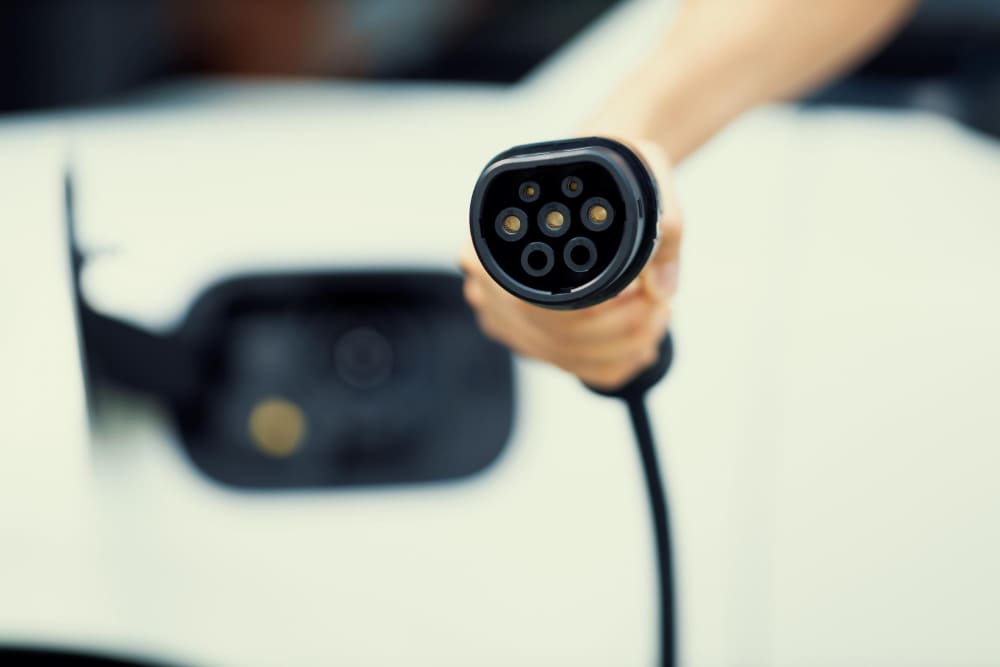
The charging time for EVs can vary depending on various factors, including the charger type, battery size, and the charging rate.
Most EVs take around 8 to 12 hours to fully charge their batteries with a standard home charging unit with a 3-6 kW charging rate.
However, charging times can be reduced significantly with public fast charging stations offering higher charging rates of up to 50 kW or more. These fast charging stations can charge up to 80% in less than 30 minutes.
It’s important to note that the charging time can also vary depending on the EV model and the age of the battery. As battery technology evolves, we can expect faster charging times shortly.
Home Installation
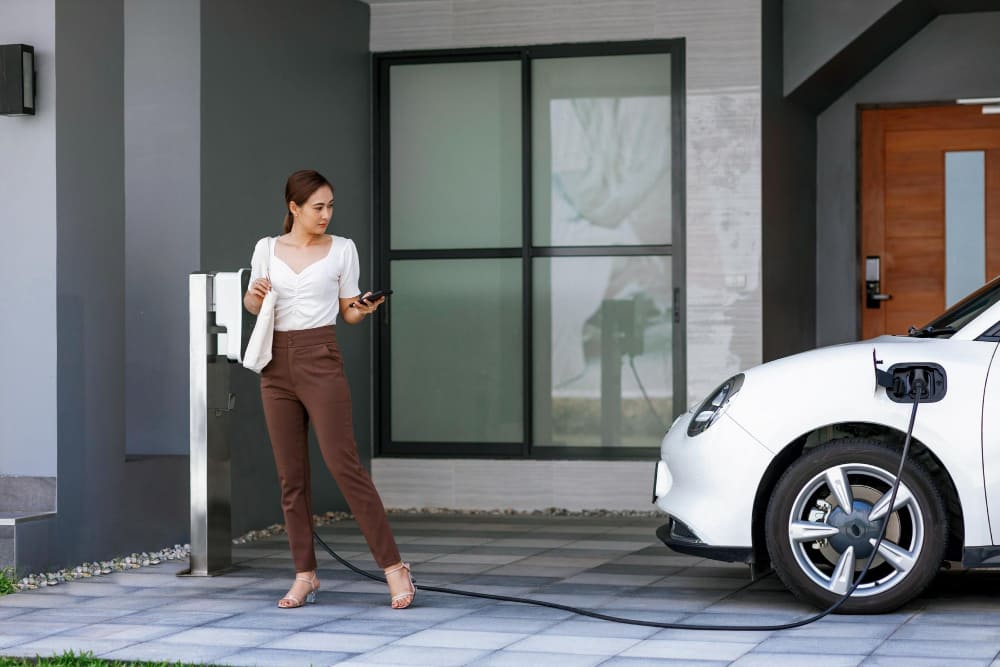
Here are the steps for a home installation of an EV charging station:
- Determine your electrical needs: Identify the electrical requirements of your EV and the charging station you want to install. This includes the voltage, amperage, and circuit breaker capacity needed for the charging station.
- Choose the right location: Select a location for the charging station that is easily accessible and has enough space for the charging equipment and your EV. Ensure the location is close to your electrical panel and protected from the elements.
- Hire a qualified electrician: Look for a licensed and experienced electrician who can install the charging station as per local codes and regulations. The electrician will also determine if any upgrades or modifications are required to your electrical panel or wiring.
- Get a permit: Obtain all necessary permits from local authorities before installing.
- Install the charging station: Once the electrician has made all necessary preparations, they will install it according to the manufacturer’s instructions. This includes mounting the station, running the wiring, connecting the electrical supply, and testing the system.
- Test the system: After the installation is complete, the electrician should test the charging station to ensure it is functioning properly and safely.
- Enjoy your EV charging station: You can now start charging your EV at home and enjoy the convenience of having a reliable charging solution.
Remember to follow all safety guidelines and to maintain your charging equipment regularly.
Cost of Electric Car Charging at Home
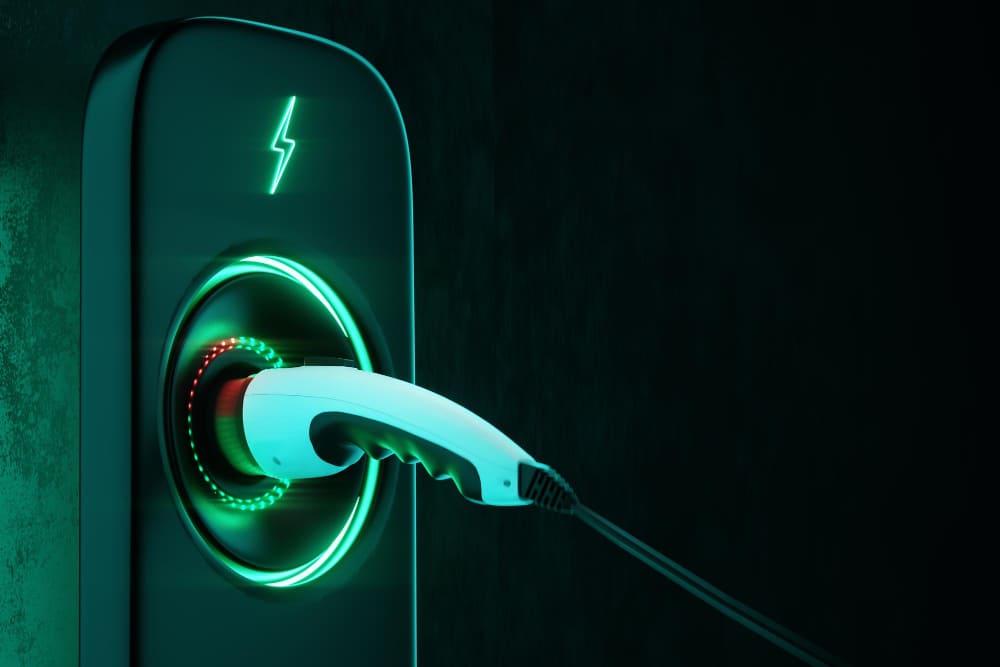
The cost of charging an electric car home in Australia depends on various factors. The primary cost is the electricity rate charged by your energy provider.
On average, the cost of electricity in Australia is around $0.15 -0.30 per kWh ( average rate: $0.20 per kWh).
To calculate the cost of your EV charging at home, you can use a simple formula: EV Battery Size (kWh) x Electricity Rate ($ per kWh) = Charging Cost ($).
Assuming an EV with a battery size of 60 kWh, a full charge at home would cost approximately $12.
However, this can vary depending on the charging speed, time of use tariff, and any additional fees or charges imposed by your energy provider.
Frequently Asked Questions
What is the best in-house charger?
Popular in-house EV chargers include the Tesla Wall Connector, JuiceBox Pro, ClipperCreek HCS-40, ChargePoint Home Flex, and Siemens VersiCharge. Consider your specific needs and consult an electrician for installation guidance.
Is a home charging point worth it?
Yes, it’s worth it as it offers convenience, cost savings, faster charging, and can increase your vehicle’s resale value. However, consider the availability of public charging stations in your area.
Is it best to charge an EV every night?
Charging an EV every night is generally recommended to ensure a full battery and maximum driving range for the next day. Additionally, charging at night often takes advantage of lower electricity rates during off-peak hours, reducing your overall charging costs.
Conclusion
In conclusion, home charging solutions for EVs offer numerous benefits. Having an EV charger at home provides convenience, saves costs, and ensures faster charging. With a home EV charger, you can start each day with a full battery and maximize your driving range.
While considering the availability of public charging stations, investing in a home charging solution gives you greater control over your EV’s charging needs. Embrace the power of home charging for a seamless and eco-friendly journey with your electric vehicle!
And if you’re excited about being one of the fabulous EV drivers, check out our best quality secondhand electric vehicles at Kilowatt Cars!

